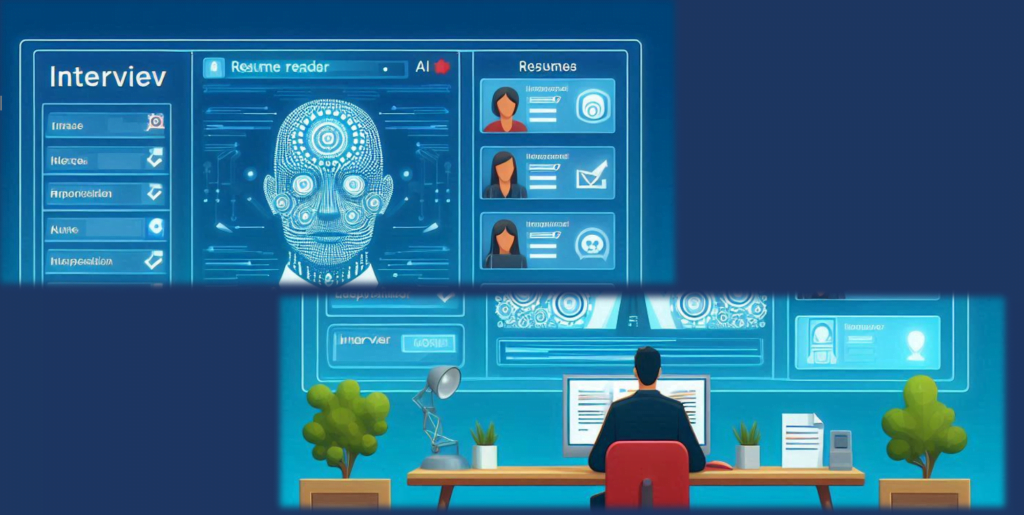
Table of Contents
ToggleRecruitment process outsourcing (RPO) is when an employer is given the responsibility of finding job candidates and outsources that responsibility to a third-party service provider. The RPO model is designed to bring educated, experienced and skilled candidates to potential employers without the need for human resources (HR), if at all, to perform these tasks with very few staff. The end is reached. An employer who needs employees to fill open positions in their company, signs a contract with an RPO provider and they find suitable candidates in addition to screening and evaluating them. is the responsibility of the RPO provider.
RPO is a result of outsourcing to greatly simplify business processes. RPO is a popular choice for all types of companies looking for employers who are both skilled and experienced. In a labor market where it is difficult to bring on new employees in a timely manner, an RPO can bring a different perspective, expertise and focus to workforce planning, while at the same time, allowing HR staff to focus on internal operations and other business needs. can free to do and take care of all the rest itself.
These are some of the steps that I would like to share with you, these are very important steps that can help you in your RPO (Recruitment Process Outsourcing) success. Here are the 10 steps:
RPO services usually start with an RPO contract and this is an agreement between the employer and the company that has a cost and time perspective as opposed to a project. The agreement may include terms other than cost and time, such as that all recruited applicants will work only as a contract or for a certain period of time, and cannot be shared with other clients. A meeting is held between the company’s HR management staff and the RPO service provider regarding the hiring. From there, the recruiting agency advertises job openings using its own recruiting methods and technology, or the client’s techniques and systems. Social media recruiting is a big part of RPO.
With resumes coming in from all over this way, the outsourcer reviews circles with candidates and the employer if there are any disconnects that indicate the job description needs to be tweaked. The RPO team collects all these applicants using ATS (Applicant Tracking System) and then screens them, thereby tracking and logging the applicant’s eligibility.
Finally the results of the screening process come out then based on the results, the RPO team creates a list of candidates for the employer. Then the RPO provider often facilitates the interview process by arranging the interviews. The outsourcer sometimes makes the first offer, and vets these employees by looking at their experience, skills and other data. Then if the RPO process is successful, the employer only develops a shortlist of a few vetted candidates and now the providers the employer will need to interview and select them.

RPO Stand for Recruitment Process Outsourcing
Recruitment process outsourcing (RPO) is when an employer is given the responsibility of finding job candidates and outsources that responsibility to a third-party service provider. The RPO model is designed to bring educated, experienced and skilled candidates to potential employers without the need for human resources (HR), if at all, to perform these tasks with very few staff. The end is reached.




What you know about us? Follow us, Meet with us, Contact with us
© 2024 BPO NextGen All Rights Reserved.